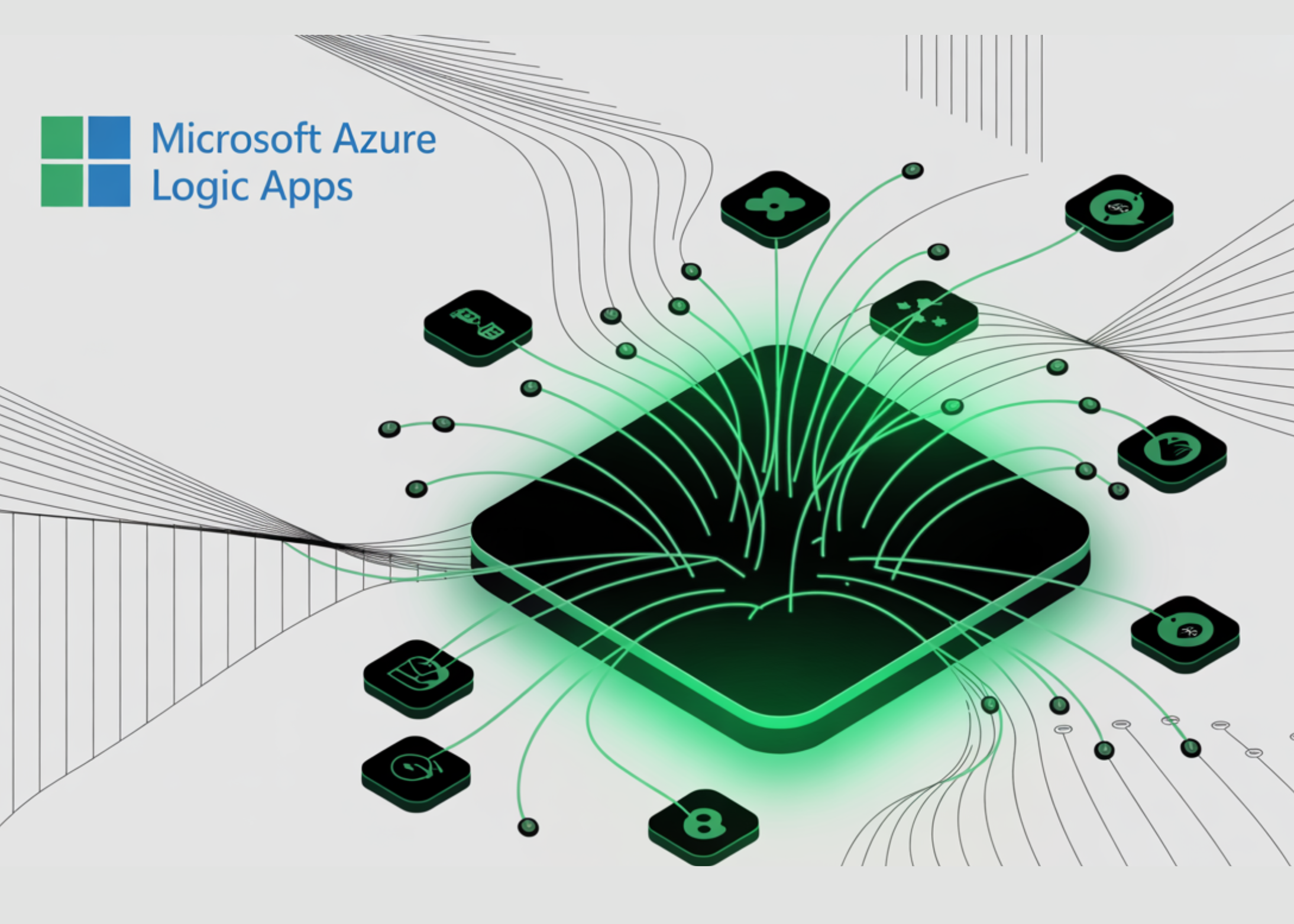
Microsoft Unveils Public Preview of MCP Integration with Azure Logic Apps
Microsoft has announced a public preview that transforms Azure Logic Apps (Standard) into Model Context Protocol (MCP) servers. This innovative feature allows Logic Apps workflows to be exposed as agent tools that can be discovered and called by MCP-capable clients, such as Visual Studio Code with Copilot.
New Features and Capabilities
The integration enables users to configure a Standard logic app to host an MCP endpoint at /api/mcp, effectively surfacing HTTP Request/Response workflows as tools. The authentication process is enhanced through Easy Auth, with MCP endpoints defaulting to OAuth 2.0 for secure access.
Additionally, Visual Studio Code version 1.102 and above includes general availability support for the MCP client, allowing developers to test the new functionality seamlessly.
API Center Registration and Governance
As part of the public preview, users can create and register MCP servers within Azure API Center. This feature allows selected managed connector actions to be cataloged and governed as tools, further enhancing the usability and organization of workflows.
Key Requirements
- Workflow Shape: Tools must be implemented using an HTTP Request trigger and a Response action.
- Authentication & Access Control: By default, MCP utilizes OAuth 2.0, and Easy Auth enforces restrictions based on client, identity, and tenant.
- Transport Protocols: The integration supports streamable HTTP, ensuring efficient data transfer.
With this release, Microsoft continues to enhance the capabilities of Azure Logic Apps, making it easier for developers to create and manage workflows that integrate seamlessly with modern development tools.
Rocket Commentary
Microsoft's transformation of Azure Logic Apps into Model Context Protocol servers marks a significant step in enhancing workflow integration within development environments. By enabling Logic Apps to serve as MCP endpoints, Microsoft is not just streamlining the interaction between applications but also promoting a more cohesive ecosystem for developers. However, while the integration promises efficiency and accessibility through tools like Visual Studio Code, it raises questions about the potential complexity of managing these workflows, especially regarding security with the enforcement of OAuth 2.0. As AI continues to permeate development practices, the focus must remain on ensuring that such advancements are not only accessible but also ethically implemented to foster an inclusive technological landscape. The industry must navigate these innovations carefully, balancing the pursuit of efficiency with a commitment to responsible development practices.
Read the Original Article
This summary was created from the original article. Click below to read the full story from the source.
Read Original Article